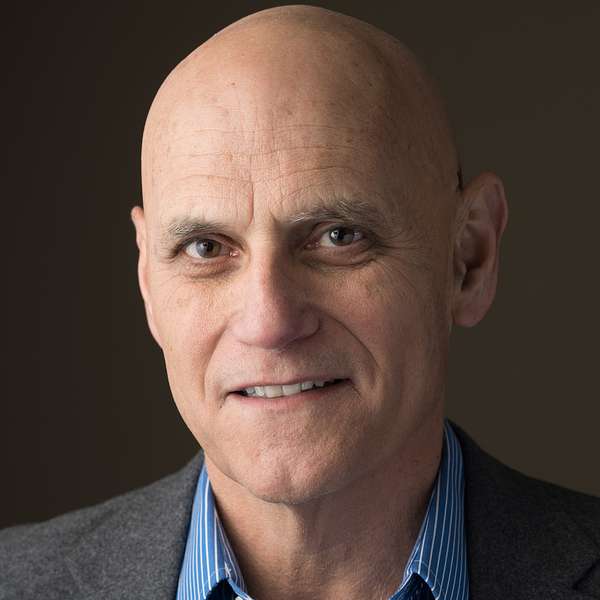
Flourishing After Addiction with Carl Erik Fisher
Addiction psychiatrist and bioethicist Carl Erik Fisher explores addiction and recovery from science to spirituality, from philosophy to politics, and everything in between. He interviews leading experts in areas such as psychology, neurobiology, history, sociology, and more--as well as policy makers, advocates, and people with lived experience.
A core commitment of the show is we need more than medicine to truly understand addiction and recovery. The challenges and mysteries of this field run up against some of the central challenges of human life, like: what makes a life worth living, what are the limits of self control, and how can people and societies change for the better? These are enormous questions, and they need to be approached with humility, but there are also promising ways forward offered by refreshingly unexpected sources.
There are many paths to recovery, and there is tremendous hope for changing the narrative, injecting more nuance into these discussions, and making flourishing in recovery possible for all.
Please check out https://www.carlerikfisher.com to join the newsletter and stay in touch.
Flourishing After Addiction with Carl Erik Fisher
On Psychological Flexibility and Reclaiming a Life Worth Living, with Dr. Steven Hayes
Use Left/Right to seek, Home/End to jump to start or end. Hold shift to jump forward or backward.
A little over 40 years ago, Dr. Steven Hayes experienced his first panic attack—when he was a young assistant professor in psychology, no less! In the intervening years, and drawing in part on his own recovery from panic disorder, he developed Acceptance and Commitment Therapy and produced a huge body of work that has revolutionized our understanding of human language and cognition. Today, he is one of the most highly-cited scholars in the world, across all disciplines of study. And, he remains a soulful and wise clinician, who generously shared some of his insights about addiction for this episode of the Flourishing After Addiction podcast.
Steve and I talk about “psychological flexibility:” a revolutionary pivot toward working with our thoughts and feelings, rather than trying to fight or change them. One definition of psychological flexibility is to be open, grounded, and committed to values-based action. We discuss making sense of addiction in his framework, and he speaks out against the biomedicalization and over-categorization of the phenomenon. He talks about the centrality of values and why it’s necessary to find a life worth living as part of recovery. We discuss Steve’s understanding of spirituality and transcending a limited self-concept, and how that fits into his work. And—something I’m so happy Steve prompted me to do—he leads us all through a guided exercise to take perspective and to get a taste of dropping the small self. I’m really happy that he’s given us this practice experience. Find a quiet place and give it a try (it’s only about 8 minutes or so, toward the end of the interview).
Steven C. Hayes is a Nevada Foundation Professor of Psychology at the University of Nevada. An author of 46 books and nearly 650 scientific articles, he is especially known for his work on "Acceptance and Commitment Therapy" or “ACT”, which is one of the most widely used and researched new methods of psychological intervention over the last 20 years. His popular book Get Out of Your Mind and Into Your Life for a time was the best-selling self-help book in the United States, and his more recent book A Liberated Mind was released to wide acclaim. Dr. Hayes has been President of several scientific societies and has received several national awards, such as the Lifetime Achievement Award from the Association for Behavioral and Cognitive Therapies. According to major indices like the Institute for Scientific Information and Google Scholar, he is ranked among the most cited scholars in all areas of study in the world. Read more at his website.
In this episode:
- His faculty page
- the "new paradigm" in mental health treatment we only briefly discussed (good for clinicians to check out!): Learning Process-Based Therapy: A Skills Training Manual for Targeting the Core Processes of Psychological Change in Clinical Practice
- His TEDx talk on psychological flexibility: How love turns pain into purpose
- His 2nd TEDx talk: Mental Brakes to Avoid Mental Breaks
Sign up for my newsletter and immediately receive my own free guide to the many pathways to recovery, as well as regular updates on new interviews, material, and other writings.